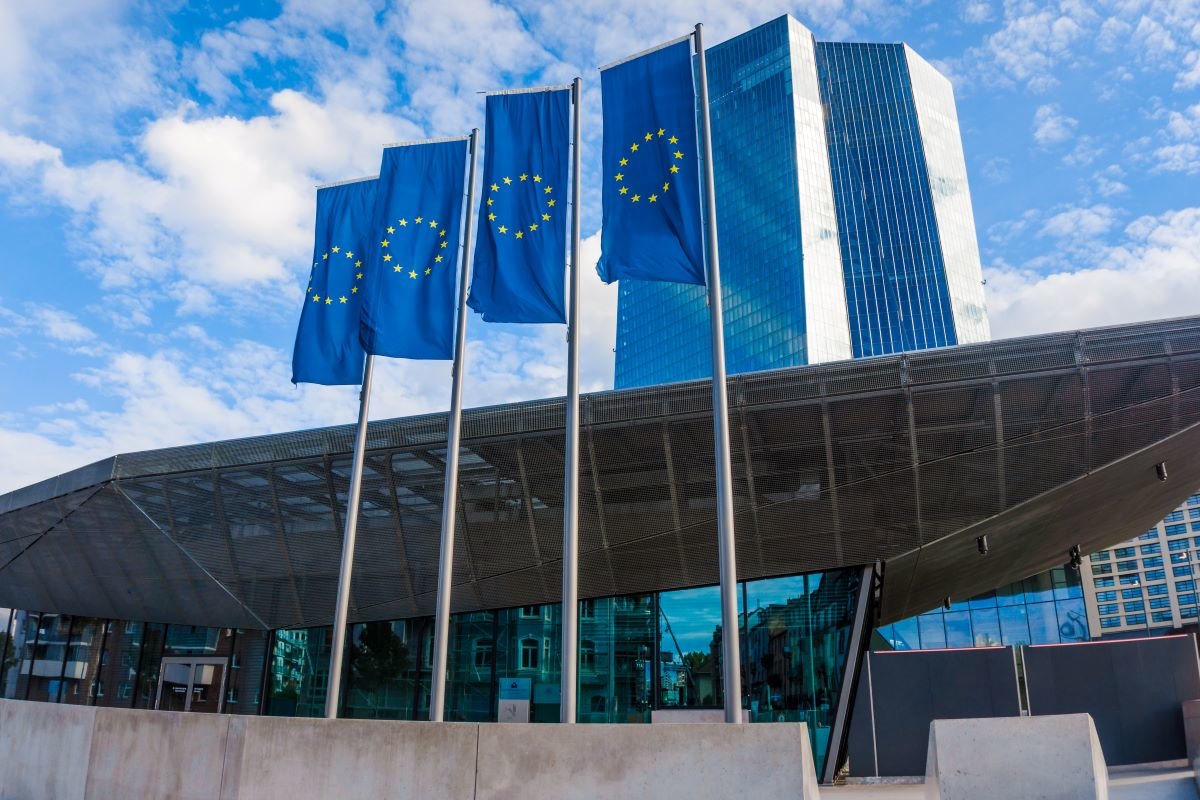The European Commission has launched a debate on the future of the EU’s fiscal rules. E3G has submitted its response to the related public consultation. The reform of the EU’s economic governance framework is crucial for Europe’s ability to tackle the climate crisis. Also to achieve the goals of the European Green Deal.
The COVID-19 crisis represents an unprecedented economic shock. In fact, it has exposed a number of key challenges for the future of the European economy. The circumstances of the pandemic economy, increased levels of public debt and the necessity for increased public investment to achieve our climate goals raise important questions around our understanding of fiscal sustainability. These changed circumstances require that policymakers embed a new understanding of sound public financial management into EU’s fiscal rules.
Political leaders across Europe have already demonstrated a willingness to address this issue. President Macron signalled that a “rethink” of the EU’s fiscal rules will be one of the top priorities of the upcoming French Presidency of the Council. The incoming German government agreed to a “further development” of the fiscal rules oriented towards the goals of growth, debt sustainability and climate-friendly investment. Italian Prime Minister Draghi stated that a reform of the rules is “inevitable” both because of the pandemic and the future challenges the European economy faces.
E3G calls for future-fit fiscal rules. Resilience to future climate shocks, and future growth and interest rates, must be ntral in their definition of fiscal sustainability. The new framework should encourage the critical climate investments needed while allowing for flexibility through country-specific debt reduction pathways. The economic governance framework should also lay on the principles of transparency, fairness, solidarity, and the level-playing field.



